From high-risk Microsoft identity flaws to actively exploited WinRAR and 7-Zip vulnerabilities. Our SOC team break down this month’s urgent threats and the actions you need to stay secure.
Headlines:
- Windows Kerberos flaw opens path to domain takeover
- Exchange hybrid trust abused for Microsoft 365 escalation
- WinRAR zero-day exploited in phishing campaigns
- RomCom and Paper Werewolf linked to targeted attacks
- 7-Zip patch closes arbitrary file write loophole
High-risk Microsoft identity & Exchange vulnerabilities
Microsoft’s August 2025 Patch Tuesday addressed over 100 CVEs, with two identity-related flaws posing significant risks:
- CVE-2025-53779 – Windows Kerberos Elevation of Privilege (“BadSuccessor”)
- CVE-2025-53786 – Exchange Hybrid Elevation of Privilege
Both could allow attackers to escalate privileges in hybrid environments, putting domain assets and Microsoft 365 tenants at risk.
What’s the risk?
- CVE-2025-53779 (Kerberos EoP): Exploitable by authenticated attackers to gain domain-level control. CVSS 7.2. Publicly disclosed at release.
- CVE-2025-53786 (Exchange Hybrid EoP): Lets attackers pivot from on-prem Exchange admin rights to Exchange Online. CVSS 8.0. Flagged by both Microsoft and CISA as critical for hybrid orgs.
Recommended actions
Action point
Patch Windows and Exchange immediately to close high-risk identity escalation paths.
WinRAR Zero-Day exploited in the wild (CVE-2025-8088)
A high-severity zero day in WinRAR (CVE-2025-8088, CVSS 8.8) is being actively exploited in phishing campaigns. The flaw allows malicious RAR archives to overwrite extraction paths, enabling arbitrary code execution.
What’s the risk:
- Attackers can force payloads into autorun directories (e.g. Windows Startup folder).
- Exploitation delivers persistent backdoors, with confirmed use by the RomCom and Paper Werewolf groups.
- Targets include government and energy sectors, with evidence of state-aligned activity.
Recommended action:
Action point
Update WinRAR to version 7.13 to block active exploitation.
7-Zip arbitrary file write vulnerability (CVE-2025-55188)
7-Zip patched CVE-2025-55188 (CVSS 2.7), a symbolic link flaw that could lead to arbitrary file writes during archive extraction. Exploitation risk is higher on Linux, but possible on Windows in specific conditions.
What’s the risk:
- Attackers can overwrite critical files such as SSH keys or configuration files (e.g. .bashrc) during extraction.
- On Linux, exploitation can result in persistent backdoors or compromised authentication.
- On Windows, risk is lower but possible if symbolic links are enabled with elevated privileges.
Recommended actions:
Action point
Update to 7-Zip 25.01 to eliminate file write exploitation risk.
In the news: Telecoms company hit by SharePoint exploited ransomware attack
A leading London-based Telecom provider suffered a major cyberattack, with the WarLock ransomware group claiming responsibility.
An actor under the alias cnkjasdfgd is offering 1 million stolen documents for $200,000, including sensitive salary, financial, contract, personnel, network, and email data.
Early indications suggest the breach exploited a Microsoft SharePoint zero-day (CVE-2025-53770, ToolShell), enabling remote code execution. While customer data reportedly wasn’t exposed, internal systems were heavily impacted, forcing its customer portal and API offline. Recovery work is ongoing with external experts, and authorities have been notified.
What this highlights
The Colt breach underlines how fast attackers weaponise newly patched SharePoint flaws and the scale of damage that can result when internal systems are exposed. It’s a reminder that critical infrastructure providers need aggressive patching and robust segmentation to contain such attacks.
This month’s key takeaway
Apply Microsoft patches, upgrade WinRAR and 7-Zip, and reinforce safe archive handling.
Attackers are already exploiting these flaws, with evidence of both cybercriminal and state-aligned groups weaponising them within days of disclosure.
Delayed patching leaves critical identity systems and widely used utilities open to privilege escalation, persistence, and data theft. Risks that can be neutralised quickly with prompt updates and basic operational hygiene.
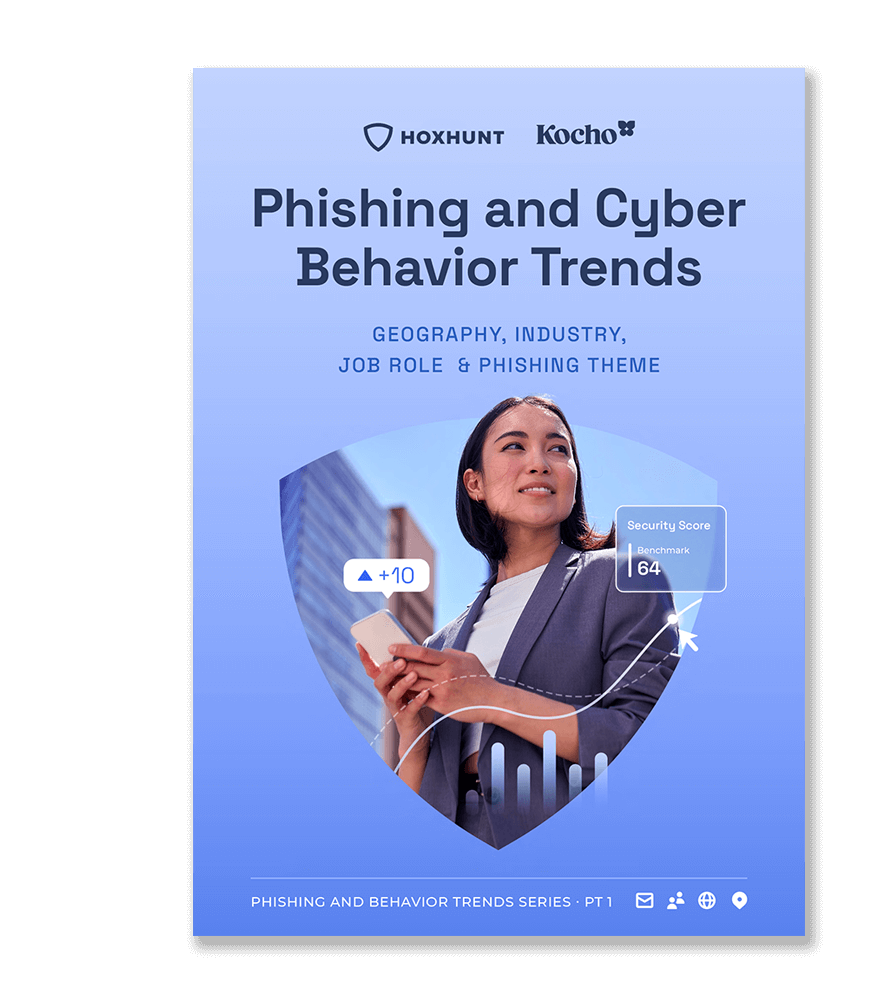

Free Report
The rise of AI has increased phishing attacks by 4,151%
And your people are being targeted.
Download Hoxhunt’s exclusive Phishing trends report and find out:
- Which phishing attacks are bypassing filters and fooling employees
- Why 68% of breaches involve people and 80–95% start with phishing
- How behaviour-based training cuts incidents by 86%
Resources & References
Thanks to this month’s contributors from the Kocho SOC team: Jack Fisher, Adam Febery, and James O’Neill
Stay safe. Stay informed.

Let's talk!
30-day free trials and flexible contracts
Book a free Discovery Call and learn more about our AI-powered security operations service, XDR Rapid Protect.
Get more information on:
- 30-day free trials for new partnerships
- Flexible, 30-day contracts (no lock-in)
- Microsoft-funded proof of concepts

Don't Miss
Great security & compliance resources

Microsoft Security Roadshow
Demos and expert insight to help you get the most from Microsoft's identity, security and cloud solutions.

Purview Demo: Securing data in the age of AI

Legal Breakfast Briefing: Managing data security and compliance

Cybersecurity a year in review: What happened in 2025, and what it means for your 2026 security strategy
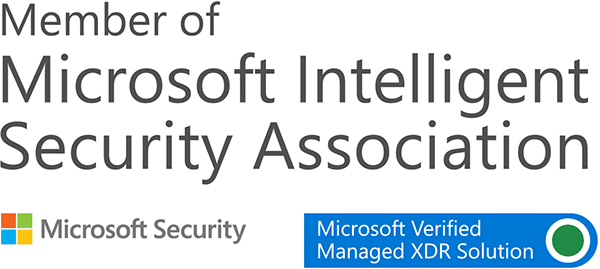
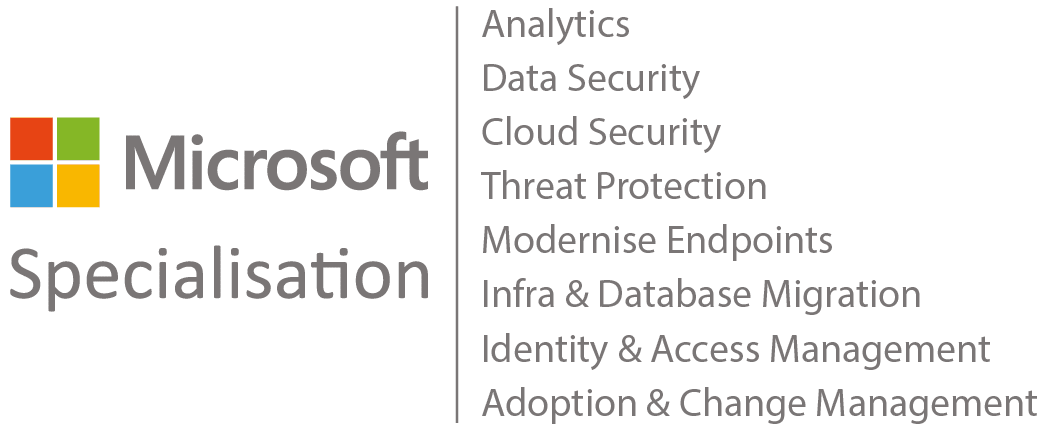
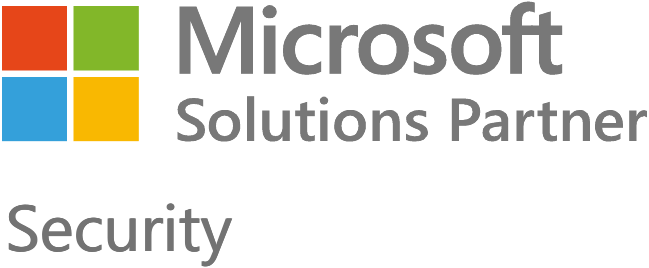
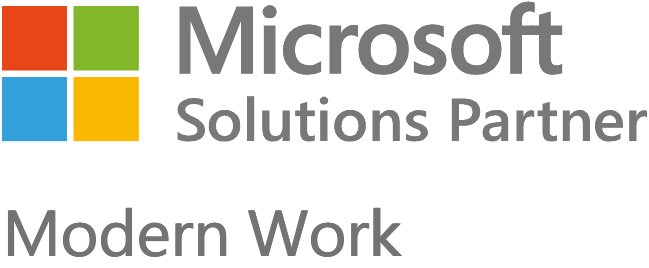
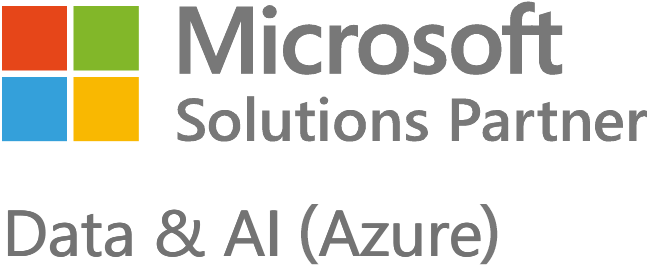
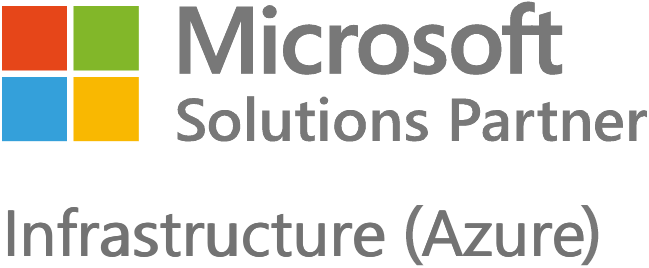
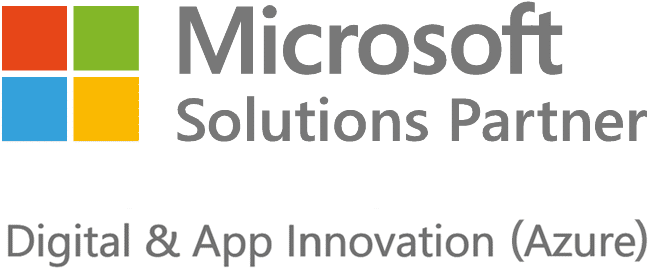
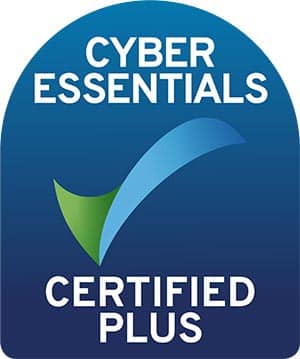














Got a question? Need more information?
Our expert team is here to help.


